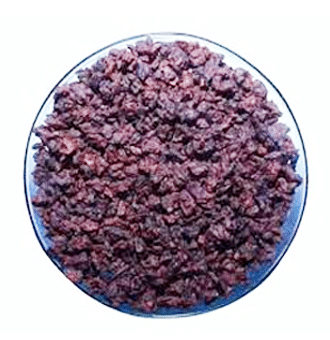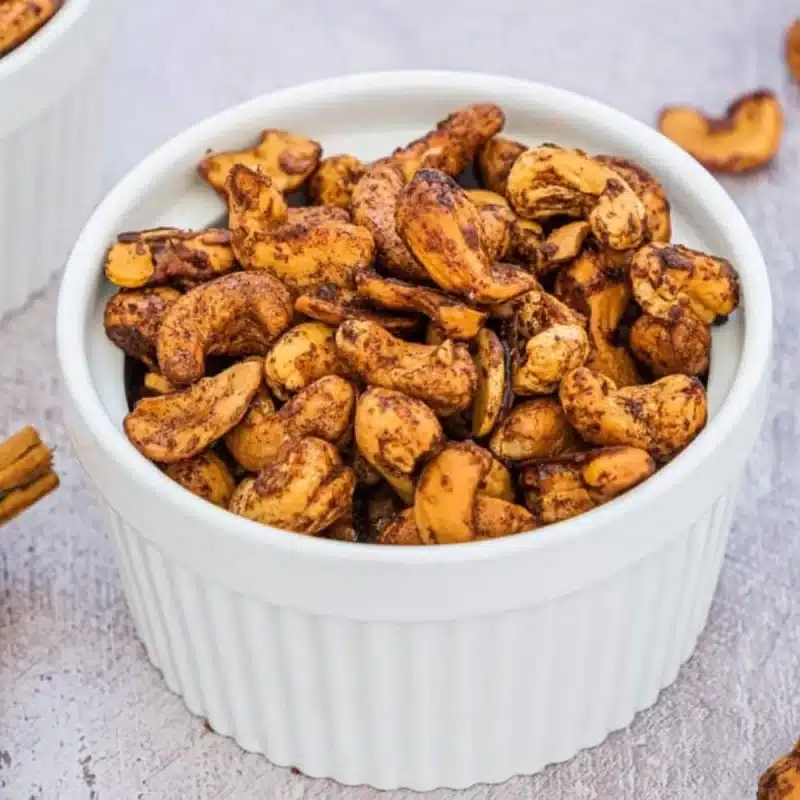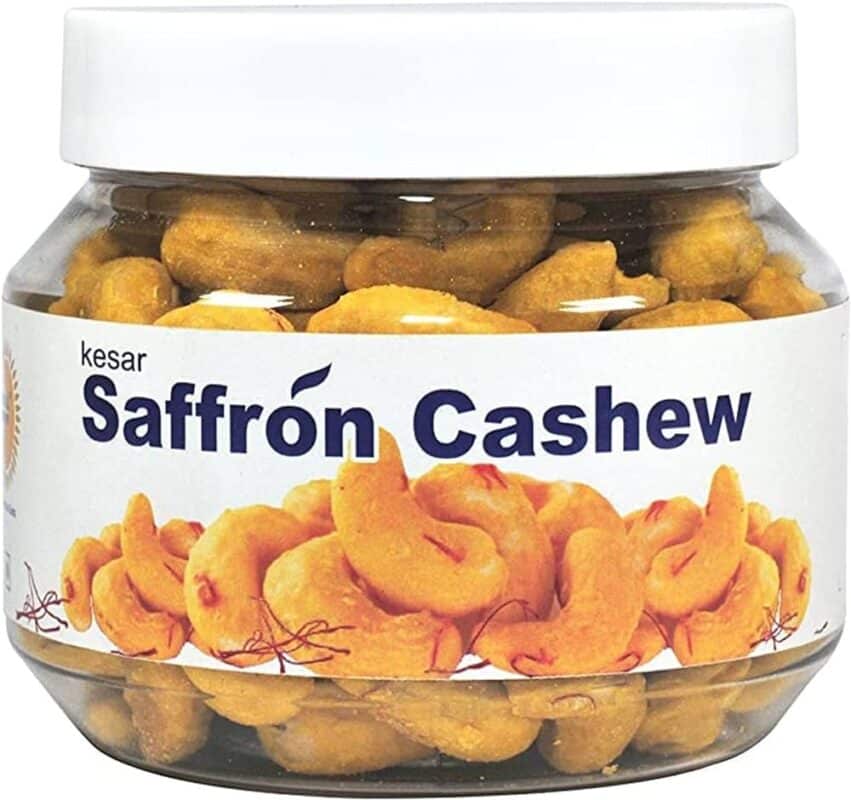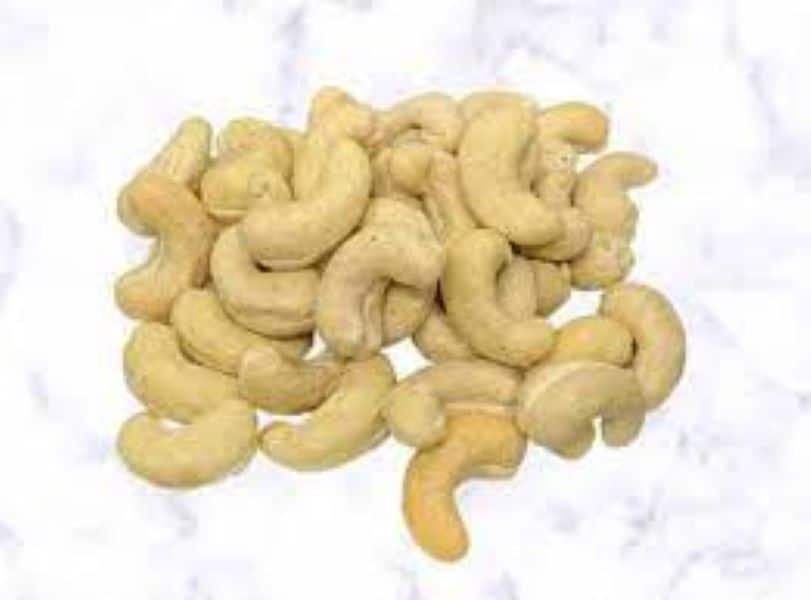Cashews, with their creamy texture and distinct flavor, are a beloved nut enjoyed by many. However, their high price tag often leaves people wondering: why are cashews so expensive? In this blog post, we will delve into the factors that contribute to the high cost of cashews and uncover the mystery behind their price.
1. Labor-Intensive Processing:
One of the primary reasons for the high cost of cashews is the labor-intensive processing involved. Cashews grow on cashew apple trees, and each nut is enclosed in a hard shell, which is surrounded by a toxic substance called urushiol. To extract the edible part of the cashew, known as the kernel, the shell must be carefully removed, and the toxic resin must be dealt with. This complex and time-consuming process requires skilled labor, driving up the cost of cashews.
2. Limited Cultivation Areas:
Cashew trees thrive in warm and tropical climates, with the majority of cashews cultivated in countries such as India, Vietnam, Brazil, and Ivory Coast. The limited number of regions suitable for cashew cultivation results in a restricted supply, which contributes to the higher prices.
3. Fragility and Perishability:
Cashews are delicate and prone to spoilage due to their high oil content. To preserve their freshness, cashews must be carefully handled, stored, and transported, which adds to the overall cost. The need for specialized packaging and transportation methods further drives up the price of cashews.
4. Demand Outpacing Supply:
The growing global demand for cashews has outpaced the supply in recent years. As more people discover the health benefits and culinary versatility of cashews, the demand for these nuts has surged. This increased demand, combined with the limited cultivation areas, has led to higher prices in the marketplace.
5. Quality and Nutritional Value:
Cashews are known for their exceptional quality and rich nutritional profile. They are a great source of healthy fats, protein, and several essential minerals. The superior quality and nutritional value of cashews contribute to their higher price, as consumers are willing to pay more for a premium product.
Conclusion:
While cashews may come with a higher price tag compared to other nuts, there are valid reasons behind their cost. The labor-intensive processing, limited cultivation areas, fragility and perishability, demand-supply dynamics, and their superior quality and nutritional value all contribute to the higher expense. Next time you enjoy a handful of cashews, you can appreciate the factors that go into bringing these delectable nuts to your table.
The culinary world is full of surprises and delightful combinations that tantalize our taste buds. One such fusion that ...
Continue reading
Cashew Dalchini, the harmonious blend of cashews and cinnamon, is a flavor combination that's as versatile as it is deli...
Continue reading
In the world of culinary delights, there are few combinations as luxurious and enticing as the fusion of cashews and saf...
Continue reading
Cashews are one of the most popular nuts in the world. People love them because they're rich and creamy, with a flavor t...
Continue reading






